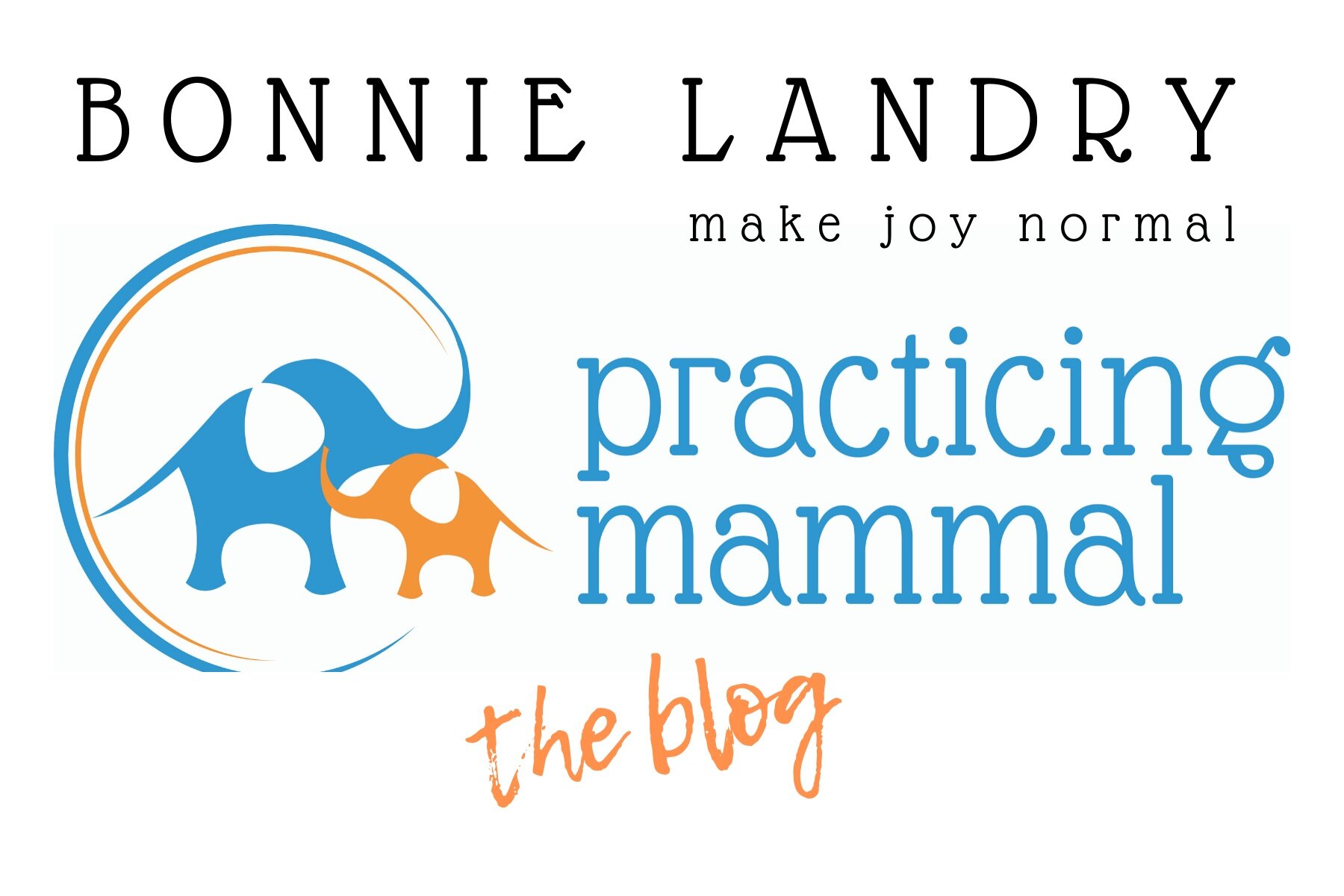the law of diminishing returns
Originally published July 14, 2014
All this government stuff is making think about how things are run. Family life, I read years ago, is best structured after a limited democracy. Of course it can’t be a true democracy because if we could get voted in and voted out, every two year old and thirteen year old and probably a lot of ages in and around that time frame would vote us out in favour of some irresponsible older sibling who promises things which they can’t possibly give them.
Then it would be Animal Farm all over again.
So, they are stuck with us, and they are stuck with the fact that we do have veto power on any issues whatsoever. But our relationship must be based a mutual respect and trust. Legitimate and respectful requests or suggestions on the day to day runnings of the family, how we do things, how we might spend our time or money. Legitimate and respectful complaints may be made and solutions to problems may be made.
Going to build on this thought...
In the study of economics (which I know precious little about), and in the practical aspects of running a business or organization (which is I know only a little about), there is a Law of Diminishing Returns. This economic "law" reflects the potential result of adding MORE to the production of something to the point where the return or profit it reduced.
Here's a simple example: A garden isn't producing well. Adding fertilizer increases production. Adding more fertilizer increases production even more. Adding EVEN MORE fertilizer causes over fertilization and actually reduces the yield of the garden. There is less yield and more expense. Adding more and getting less for it.
Another illustration of this idea is explained in the Encyclopedia Britannica online:
"In the classic example of the law, a farmer who owns a given acreage of land will find that a certain number of labourers will yield the maximum output per worker. If he should hire more workers, the combination of land and labour would be less efficient because the proportional increase in the overall output would be less than the expansion of the labour force. The output per worker would therefore fall. This rule holds in any process of production unless the technique of production also changes."
This law is upheld in the Economics of Running a Household. It plays out vividly in activities and commitments that a family takes on. One activity is nice, fun, valuable. A few activities can be nice, fun, valuable. Too many activities push families over the edge and take all the nice, fun, value out of all the activities.
I think this will be my new rant. Get ready.

